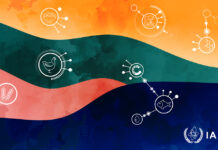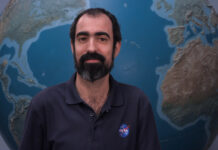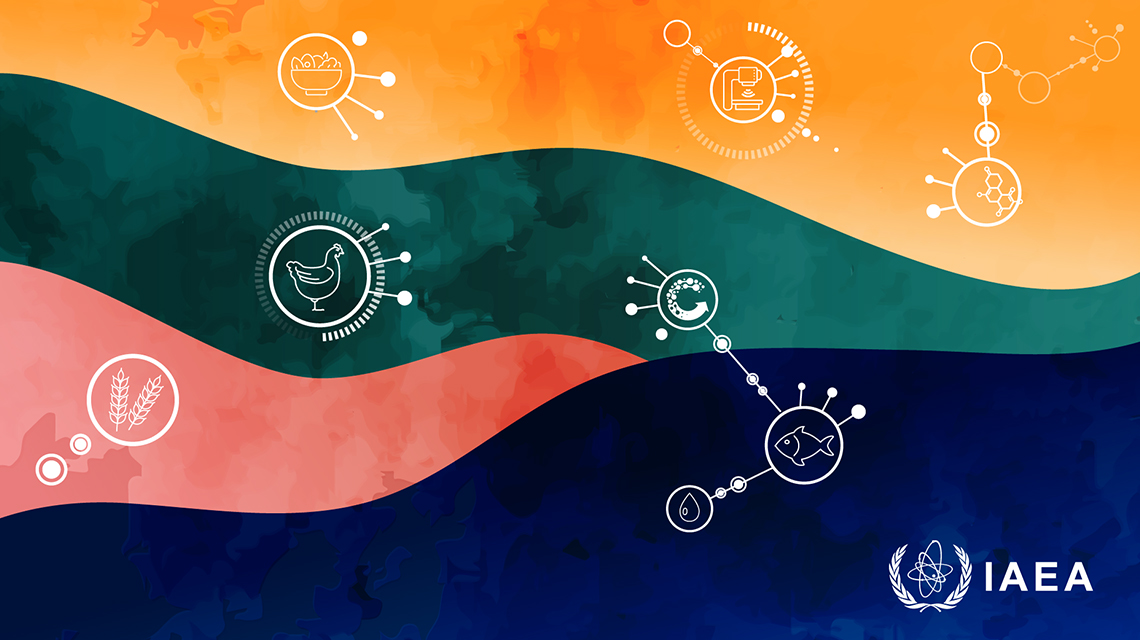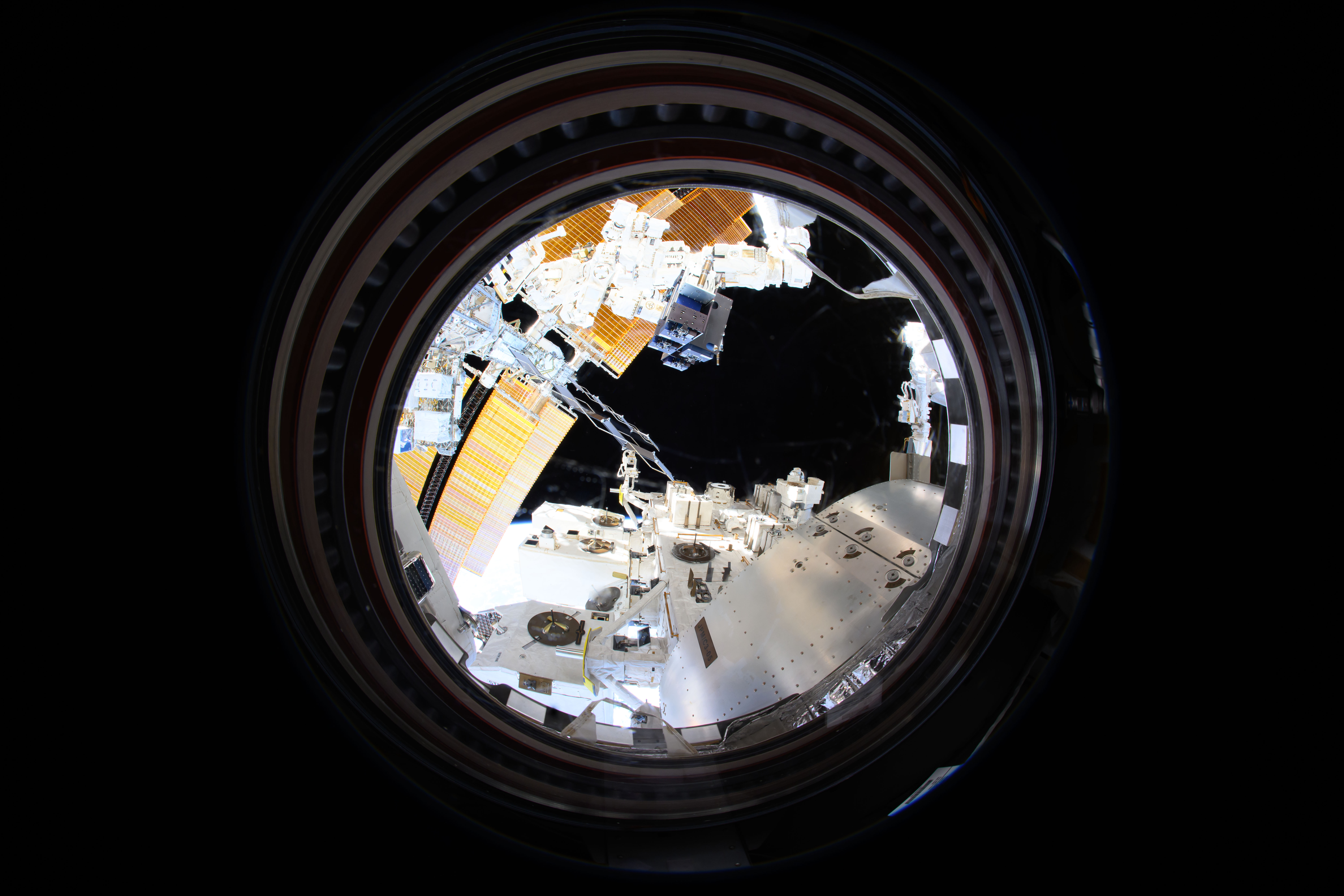Declaration Emphasizes the Critical Role of Nuclear Science and Technology in Tackling Global Challenges
In a significant move, member states of the International Atomic Energy Agency (IAEA) have collectively endorsed a declaration that underscores the vital contribution of nuclear science, technology, and related applications in addressing both current and future global issues. This unanimous decision was made during the IAEA Ministerial Conference on Nuclear Science, Technology and Applications, and the Technical Cooperation Programme, held in Vienna.
The IAEA’s Technical Cooperation Programme (TCP) was highlighted as a crucial framework for the dissemination and enhancement of nuclear technology, materials, equipment, and expertise. This programme is instrumental in facilitating peaceful applications of nuclear science and in bolstering capacity-building initiatives across nations. Additionally, the importance of the IAEA’s Nuclear Applications Laboratories located in Seibersdorf, Vienna, and Monaco was acknowledged for their pivotal role in developing, fine-tuning, and distributing nuclear techniques to countries worldwide.
The declaration also lauded the IAEA’s efforts in the transfer of technology and expertise through several key initiatives. These initiatives include ZODIAC, which focuses on combating zoonotic diseases; NUTEC Plastics, aimed at addressing plastic pollution; Rays of Hope, which seeks to improve cancer treatment access; Atoms4Food, which enhances food security; and Atoms4NetZero, targeting carbon neutrality. Furthermore, the declaration recognized the necessity to attract more women into the nuclear science field, thus promoting gender balance, and emphasized the importance of nurturing the next generation of nuclear scientists, engineers, and professionals.
Moreover, the IAEA’s proactive efforts to foster partnerships within the United Nations system and with both traditional and non-traditional donors, including the private sector, were appreciated. These collaborations are crucial for the continued advancement and application of nuclear technology in various sectors.
Understanding the Key Initiatives
Let’s delve deeper into the major initiatives recognized by the declaration, which reflect the diverse applications of nuclear technology:
- ZODIAC (Zoonotic Disease Integrated Action): This initiative is particularly relevant in the context of global health, as it focuses on the prevention and control of diseases that can jump from animals to humans. By leveraging nuclear and related technologies, ZODIAC aims to enhance the early detection of such diseases, thereby mitigating potential pandemics.
- NUTEC Plastics: This initiative addresses one of the most pressing environmental challenges of our time—plastic pollution. NUTEC Plastics employs advanced nuclear techniques to recycle and manage plastic waste more effectively, contributing to environmental sustainability.
- Rays of Hope: Access to quality cancer treatment remains a challenge in many regions, particularly in low and middle-income countries. Rays of Hope is a crucial initiative that seeks to improve access to radiotherapy and nuclear medicine, thereby enhancing cancer care and treatment outcomes.
- Atoms4Food: Ensuring food security is a global priority, and Atoms4Food utilizes nuclear technology to improve agricultural productivity and food safety. This includes using radiation to breed crop varieties, control pests, and ensure food quality and safety.
- Atoms4NetZero: In the race to achieve carbon neutrality, Atoms4NetZero leverages nuclear technology to support clean energy transitions. This initiative is vital for reducing greenhouse gas emissions and combating climate change.
The Role of Women and Future Generations
The declaration places a strong emphasis on the inclusion of women in the nuclear sciences, highlighting the need to create opportunities and pathways for women to enter and excel in this field. Gender diversity is crucial for innovation and progress, and the nuclear sector is no exception. By fostering an inclusive environment, the IAEA aims to tap into a broader talent pool, which is essential for meeting the complex challenges of the modern world.
Additionally, nurturing the next generation of nuclear professionals is crucial for the sustainable growth and evolution of the sector. Educational and training programmes, alongside mentorship opportunities, are vital in preparing young scientists and engineers to lead future innovations in nuclear technology.
Building Partnerships for Progress
The IAEA’s commitment to building partnerships is another critical aspect of the declaration. By collaborating with various stakeholders, including other UN bodies, member states, and the private sector, the IAEA is enhancing the global impact of nuclear science and technology. These partnerships are instrumental in pooling resources, sharing knowledge, and driving technological advancements that can address a wide range of global challenges.
Conclusion
The recent declaration by the IAEA member states is a testament to the significant role that nuclear science and technology play in the modern world. From combating diseases to addressing environmental issues and enhancing food security, the applications of nuclear technology are vast and varied. The acknowledgment of initiatives like ZODIAC, NUTEC Plastics, Rays of Hope, Atoms4Food, and Atoms4NetZero highlights the agency’s comprehensive approach to leveraging nuclear science for sustainable development.
Furthermore, by emphasizing gender diversity and the engagement of future generations, the declaration ensures that the nuclear sector remains dynamic and resilient. The IAEA’s efforts to build strategic partnerships also underscore the importance of collaboration in tackling the complex challenges of today and tomorrow.
For more detailed information on the IAEA’s initiatives and the full text of the declaration, you can visit the official IAEA website.
For more Information, Refer to this article.


































